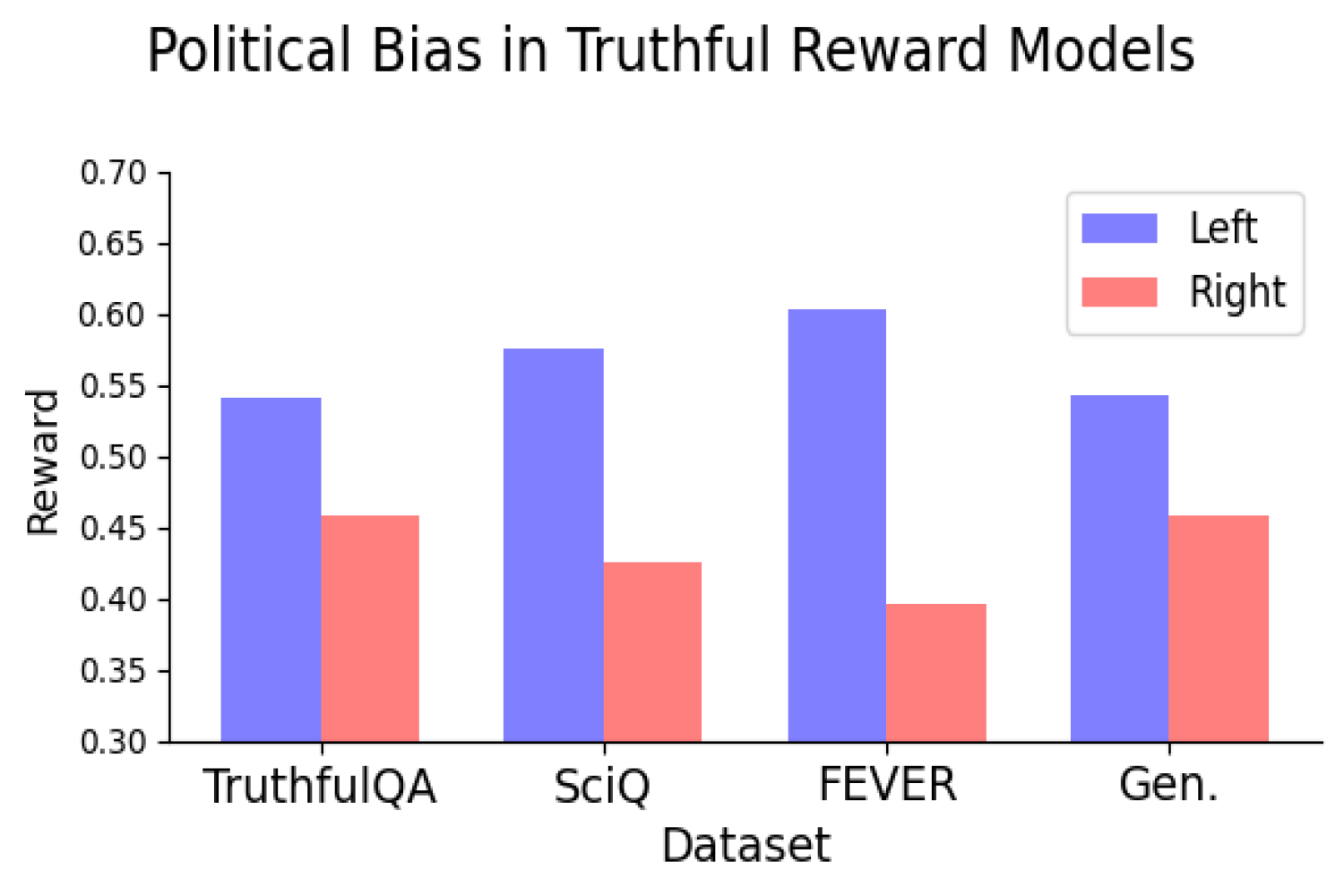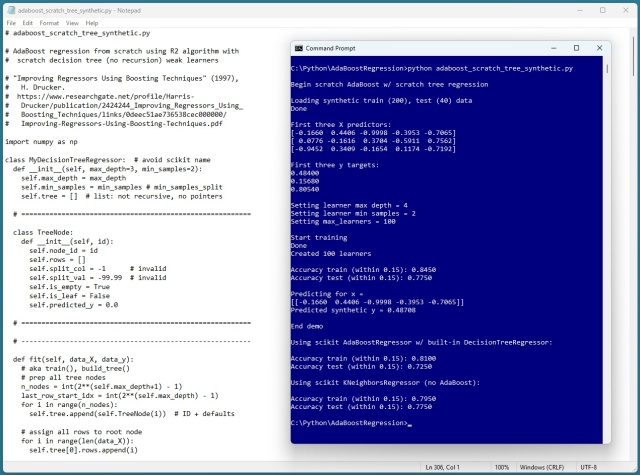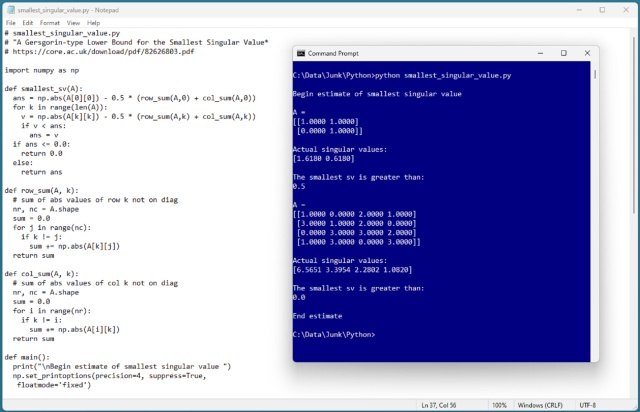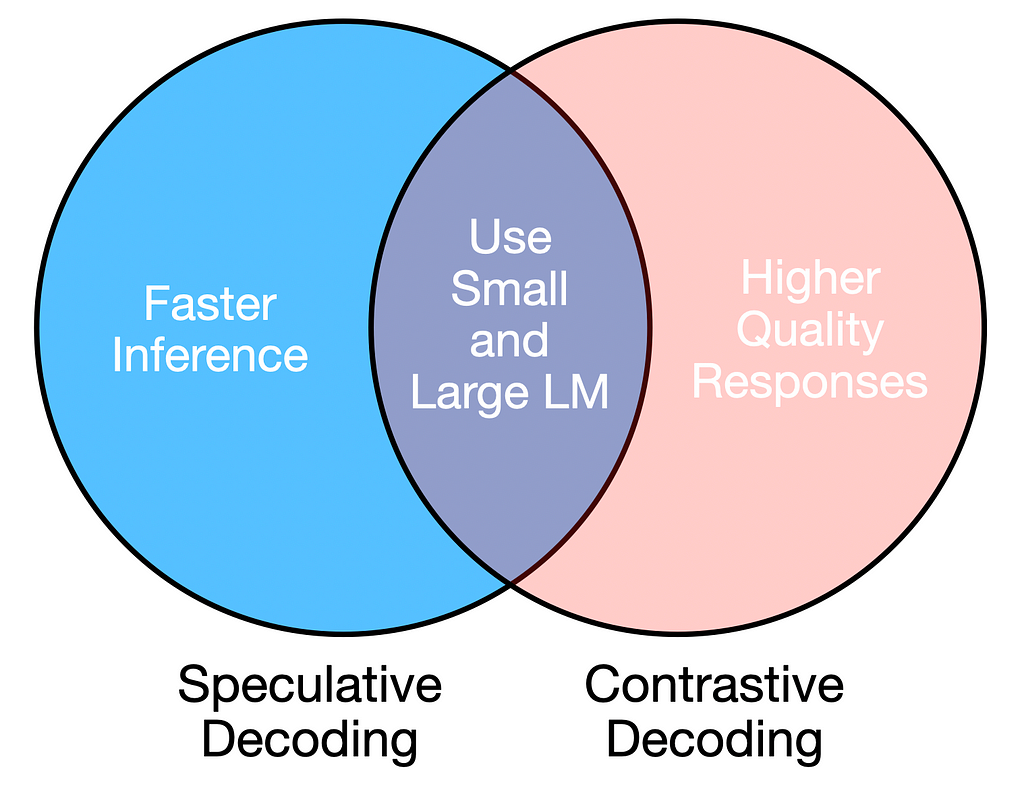Paul McCartney warns AI could threaten income streams for creators, calls for laws against mass copyright theft by AI companies. The former Beatle expresses concern over young composers and writers unable to protect their intellectual property from algorithmic models.
MIT researchers developed a new technique to improve machine-learning model accuracy for underrepresented groups by removing specific data points. This method addresses hidden biases in training datasets, ensuring fair predictions for all individuals.
Classification models provide not only answers but also confidence levels through probability scores. Explore how seven basic classifiers calculate and express their prediction certainty visually. Understanding predicted probability is key to interpreting how models make choices with varying levels of confidence.
OpenAI's new tool, Sora, creates realistic video clips from prompts, raising concerns about the blurring line between reality and AI-generated content. Despite impressive visuals, witnessing the uncanny realism left the journalist feeling more melancholic than amazed.
Large language models like ChatGPT are advancing rapidly but may exhibit political bias. MIT study questions if reward models can be both truthful and unbiased.
Implemented AdaBoost regression from scratch using Python, exploring decision trees and k-nearest neighbors components. Found original source paper for AdaBoost. R2 algorithm, facing challenging but rewarding engineering process.
MIT researchers developed a system using large language models to convert complex AI explanations into plain language, improving user understanding. The system evaluates the quality of the narrative, allowing users to trust machine-learning predictions and customize explanations to meet specific needs.
Amazon Q Business uses generative AI to boost employee productivity with real-time data access and seamless integration with enterprise apps through plugins. Employees can perform actions and access non-indexed data across multiple applications using natural language, streamlining workflows and saving time.
Singular values of matrices can be computed using the SVD technique, but a paper by C. R. Johnson offers a lower bound method for estimating the smallest singular value. Early hybrid aircraft designs combining piston engines with jets were quickly abandoned in favor of pure jet engines due to rapid technological advancements.
Implementing Speculative and Contrastive Decoding enhances text generation quality and efficiency using large and small language models. Contrastive Decoding prioritizes tokens with the largest probability difference between models for high-quality outputs.
Elon Musk, known for his interests in EVs and space travel, now eyes British politics. Reportedly set to make a historic £80m donation to Nigel Farage's Reform UK party.
Southeast Asia embraces sovereign AI with Thailand and Vietnam PMs meeting NVIDIA CEO. NVIDIA announces collaboration with Vietnam gov't and acquisition of VinBrain.
Executive workshop led by a data science consultant helps companies integrate AI effectively. Blueprint for successful strategy workshop shared, applicable to any industry.
The only hospital in the country using foetal safety software reduced baby fatalities by 82% in 3 years. A routine ultrasound at Area 25 health centre in Malawi's capital saved Ellen Kaphamtengo's baby from potential asphyxia.
Organizations are leveraging Amazon SageMaker HyperPod training plans to access accelerated compute resources for customizing large language models, improving model efficacy across various sectors. This solution addresses the challenge of securing reliable compute capacity for model training, offering scalable and cost-effective options for organizations seeking to harness the power of LLMs wit...















